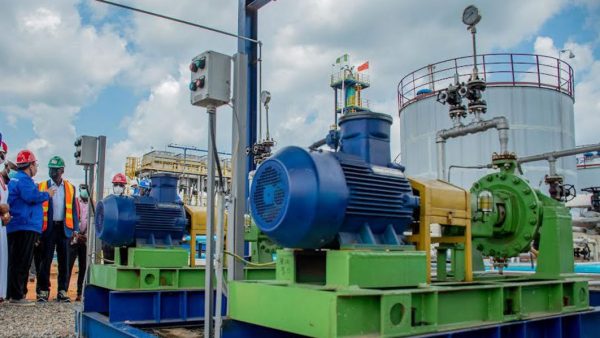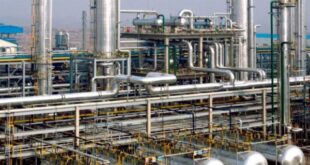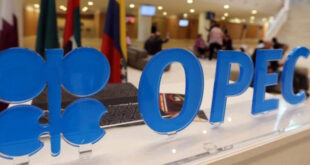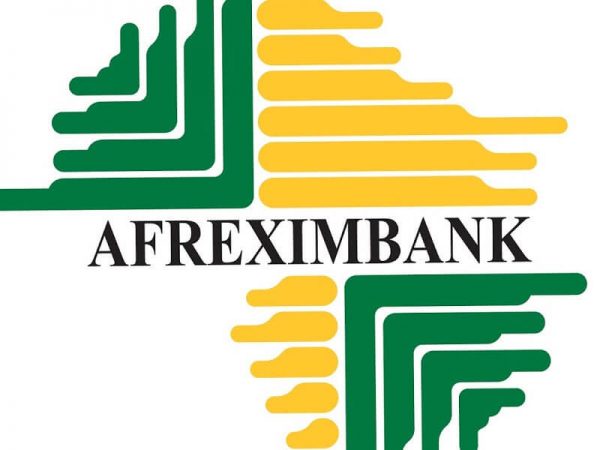The Edo Refinery and Petrochemical Company (ERPC) Limited, operators of the 6000bpd Modular Refinery in Ologbo, Ikpoba Okha Local Government Area, is on course to make about $125m every year from the export of naphtha, one of the products from its plant.
The refinery has doubled down on production since it started processing crude oil sourced from Oza Oil Field, as it recently placed an order for 150,000 barrels of crude from operators of the marginal field, Decklar Resources Inc. and Millenium Oil and Gas Company Limited.
Fertiliser statistics provider, AfricaFertiliser, has revealed that the official fertiliser imports to Nigeria increased by 65 per cent to 706,922MT in 2021 from 429,303 in the previous year.
The disclosure was made on Wednesday during the fertiliser statistics overview for Nigeria (2017-2021) held in Lagos.

The overview, a partnership between AfricaFertiliser and the International Fertiliser Development Centre had in attendance major fertiliser manufacturing companies in the country, including HortiNigeria, Dangote Fertiliser, Golden Fertiliser, OCP Africa, FEPSAN, among others.
According to AfricaFertiliser, there was a restriction on forex on fertilisers and a ban on imported NPK 15-15-15 in Nigerian from the fourth quarter of 2018, which affected importation in 2019.
It said Nigeria currently imports raw materials to enable the local NPK industry.
It added that there was a restructuring in the modalities of the PFI in 2020, from the allocation process to demand-driven based on capacities (finance, ability to blend) of fertiliser companies.
The number of blending plants was also said to have increased from 31 in 2020 to 52 at the end of 2021.
Speaking on the progress made within the Nigerian fertiliser industry in the last seven years, Senior Fertiliser Market analyst at AfricaFertiliser, Samuel Ali, said that much of the policy summersaults that negatively affected the industry in the past was a result of a lack of reliable data.
He further stated that much progress had been made with regard to Nigeria’s goal of achieving self-sufficiency in fertiliser production with the investments made by the government and private sector players in recent years.
He said, “If you observe the industry critically, we struggled to get information before now, but now you can just go to the AfricaFertiliser website and get all the information you need.
“Year in, year out, we validate these statistics that show us how we are doing in imports and how we are doing in consumption. So, the fertiliser imports that have increased, we are talking about the raw materials.
“That is the raw materials used for local production — MOP and DAP, which are used for local blending.”
According to him, it means that there is more demand for raw materials, which is why the imports of these raw materials are going up.
“If there is no demand for more NPK fertilisers to be produced, these raw materials will not be requested in the first place. Nigeria is gradually moving to that point where it does not require any NPK component to be imported,” he explained.
 MMS PLUS NG – Maritime, Aviation, Business, Oil and Gas News Online Newspaper with coverage in Maritime, Oil and Gas, Aviation, Power and Energy as well as Financial News
MMS PLUS NG – Maritime, Aviation, Business, Oil and Gas News Online Newspaper with coverage in Maritime, Oil and Gas, Aviation, Power and Energy as well as Financial News










